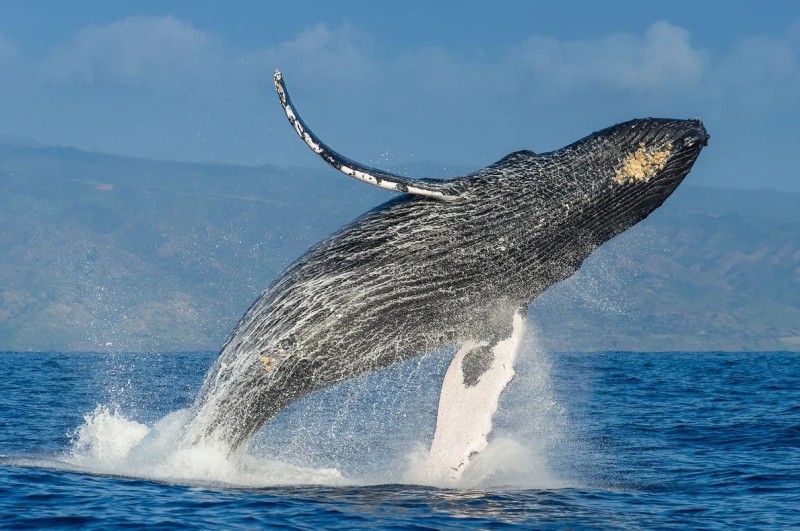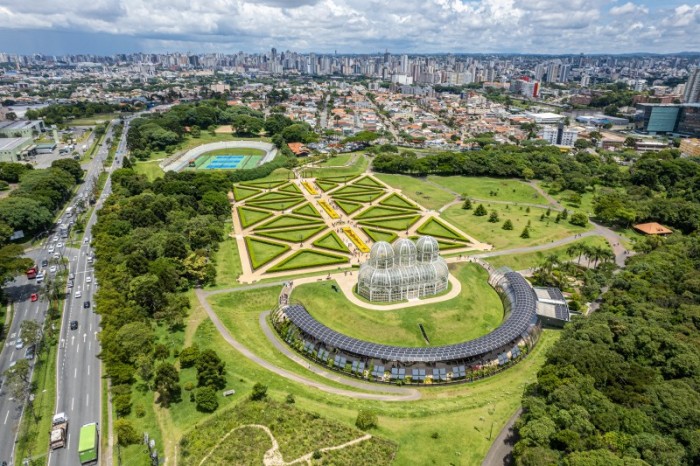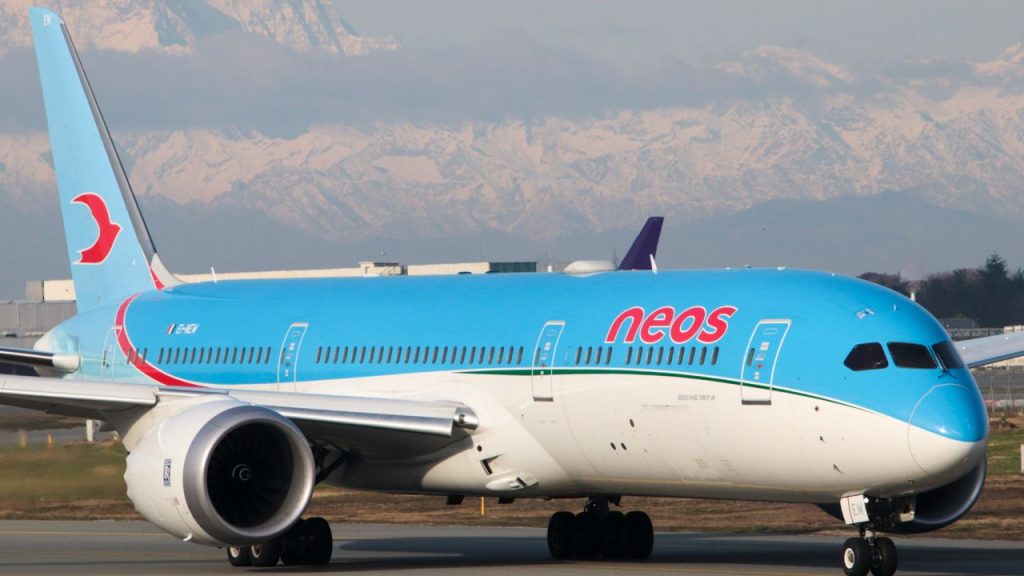Slow travel, or the art of travelling without hurrying, is enjoying a revival among travellers in search of authentic, sustainable discoveries. Rather than ticking off a list of monuments to visit, this philosophy advocates total immersion and connecting with places, often on foot, to soak up the local atmosphere. In Latin America, a number of destinations lend themselves particularly well to this approach, offering unforgettable experiences far removed from the frenzy of mass tourism. Here are seven must-see destinations in Latin America recommended by Civitatis, perfect for lovers of slow travel.
La Cumbrecita, Argentina
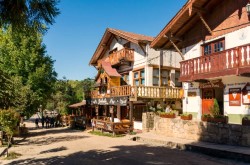
Nestling in the mountains of Córdoba, La Cumbrecita is a completely pedestrianised village, making it a veritable oasis for lovers of nature and tranquillity. This alpine-style village, where the use of vehicles is restricted, offers the chance to rediscover the pleasures of walking, with its footpaths, unspoilt nature and picturesque charm.
Morro de São Paulo, Brazil
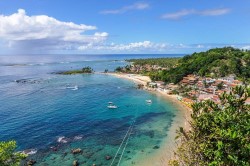
On the coast of Brazil, Morro de São Paulo is a car-free paradise where visitors can discover white sandy beaches, crystal-clear waters and lush vegetation on foot. The relaxed atmosphere is perfect for those who want to recharge their batteries. Visits on foot and boat trips around the islands of the Cairu archipelago are not to be missed.
Cabo Polonio, Uruguay
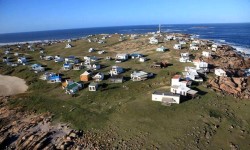
Cabo Polonio, located in a national park, is a village without electricity or paved roads, where visitors can arrive on foot or by 4×4 vehicle. With its peaceful atmosphere and breathtaking views of the Atlantic Ocean, Cabo Polonio offers a real escape from the modern world. Slow travellers will appreciate the wild beaches and the chance to see colonies of sea lions.
Caleta Tortel, Chile
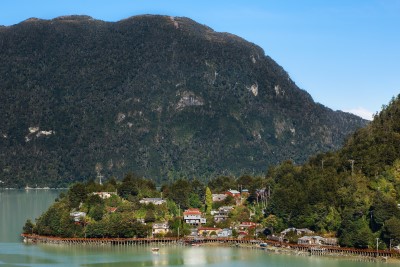
Located in southern Chile, Caleta Tortel is a small town surrounded by fjords, glaciers and islands. The village is famous for the wooden footbridges that link the houses on stilts, offering breathtaking views of the surrounding landscape. As you walk through Caleta Tortel, you’ll discover the local people’s commitment to preserving their natural environment.
Pueblito Boyacense, Duitama, Colombia
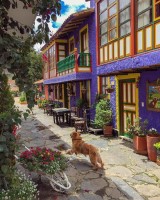
Pueblito Boyacense, located in Duitama, is one of the most enchanting places to discover on foot in Colombia. This village is a miniature replica of the traditional villages of the Boyacá region, where motorised access is forbidden, reinforcing the peaceful and authentic atmosphere of the place. Strolling through its colourful alleyways, admiring the colonial houses and exploring the corners steeped in history make each walk a unique experience, conducive to discovering the local culture and regional crafts.
San Blas, Cusco, Peru
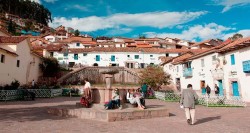
The San Blas district, also known as the ‘Balcony of Cusco’, is a must for lovers of slow travel in Peru. Situated above the famous Plaza de Armas, this wooded, bohemian district boasts narrow, cobbled streets that invite visitors to explore them on foot. San Blas is home to the workshops of Cusco’s most renowned artisans, where you can discover local art in the process of being created. It’s also the ideal place to stop off at a bar or restaurant, and savour the rich local cuisine while enjoying the view of the historic city.
Why choose Slow Travel in Latin America?
Slow travel is an approach that encourages total immersion and the discovery of places at a natural pace. By opting for these pedestrian destinations in Latin America, travellers are also helping to preserve the environment, reducing their carbon footprint and encouraging sustainable tourism. Each town or village on this list is an invitation to reconnect with the very essence of travel: taking the time to marvel, learn and connect with the locals.
Latin America offers a multitude of destinations ideal for slow travel. From grandiose landscapes to small colonial towns and heavenly beaches, each place is an opportunity to enjoy an authentic and unforgettable experience. These seven destinations invite you to take the time to discover the true essence of Latin America, on foot, without rushing, and in harmony with nature and local cultures.
Photos: Cordoba Turismo/D.R./IUTUS/Peru Travel


